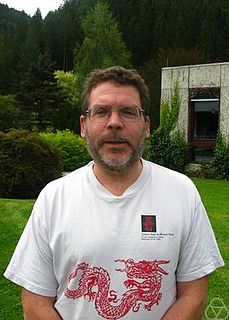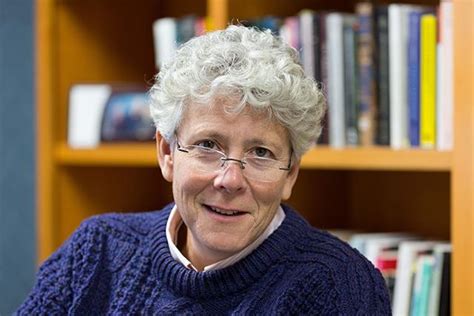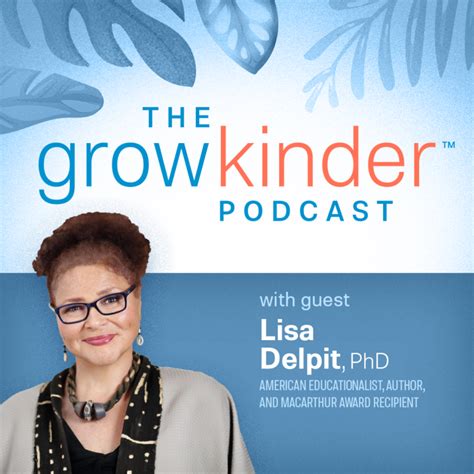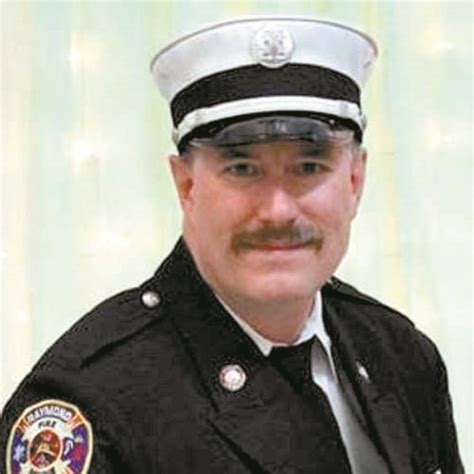A Quote by Bruce H. Lipton
When we truly recognize that our beliefs are that powerful-we hold the key to freedom.
Related Quotes
The birth of excellence begins with our awareness that our beliefs are a choice. We usually don't think of it that way, but belief can be a conscious choice. You can choose beliefs that limit you, or you can choose beliefs that support you. The trick is to choose the beliefs that are conducive to success and the results you want and to discard the ones that hold you back.
There should be painless progression, attended by life and peace....Mortals will some day assert their freedom in the name of Almighty God....Dropping their present beliefs, they will recognize harmony and as the spiritual reality and discord as the material unreality. Chapter VII pp. 224 and 228 Science and Health with Key to the Scriptures
[He] seems to want it both ways: the freedom to hold and express beliefs, and immunity from criticism for those beliefs. This is the kind of attitude that leads inexorably to totalitarianism. It is to be decried, particularly in a university environment where the search for truth necessitates that no belief be treated as sacred or above scrutiny.
Religious liberty is misunderstood. It simply means that the Founders said that everyone in America should have the freedom to practice and exercise their religion. Not to believe it but to exercise our beliefs - to act on our beliefs. It's not about believing privately in your head, privately in that building, or simply about freedom of worship.
Our illusions-the beliefs we hold on to-are the very doorways to our freedom. We simply have to enter through them without grasping or pushing away. We must not believe them, but we must not run away from them either. We need to see each moment of apparent bondage as an invitation to freedom. Then it becomes an act of love, an act of compassion, to stop running away.
Anxiety is the dizziness we experience when we recognize we hold the freedom and responsibility for our life choices. More than anyone, alcoholics have a very clear sense of this dizziness, especially when we were coming to realize our own powerlessness over alcohol and that we could act differently.
We do not really see through our eyes or hear through our ears, but through our beliefs. To put our beliefs on hold is to cease to exist as ourselves for a moment -- and that is not easy ... but it is the only way to learn what it might feel like to be someone else and the only way to start the dialogue.


































